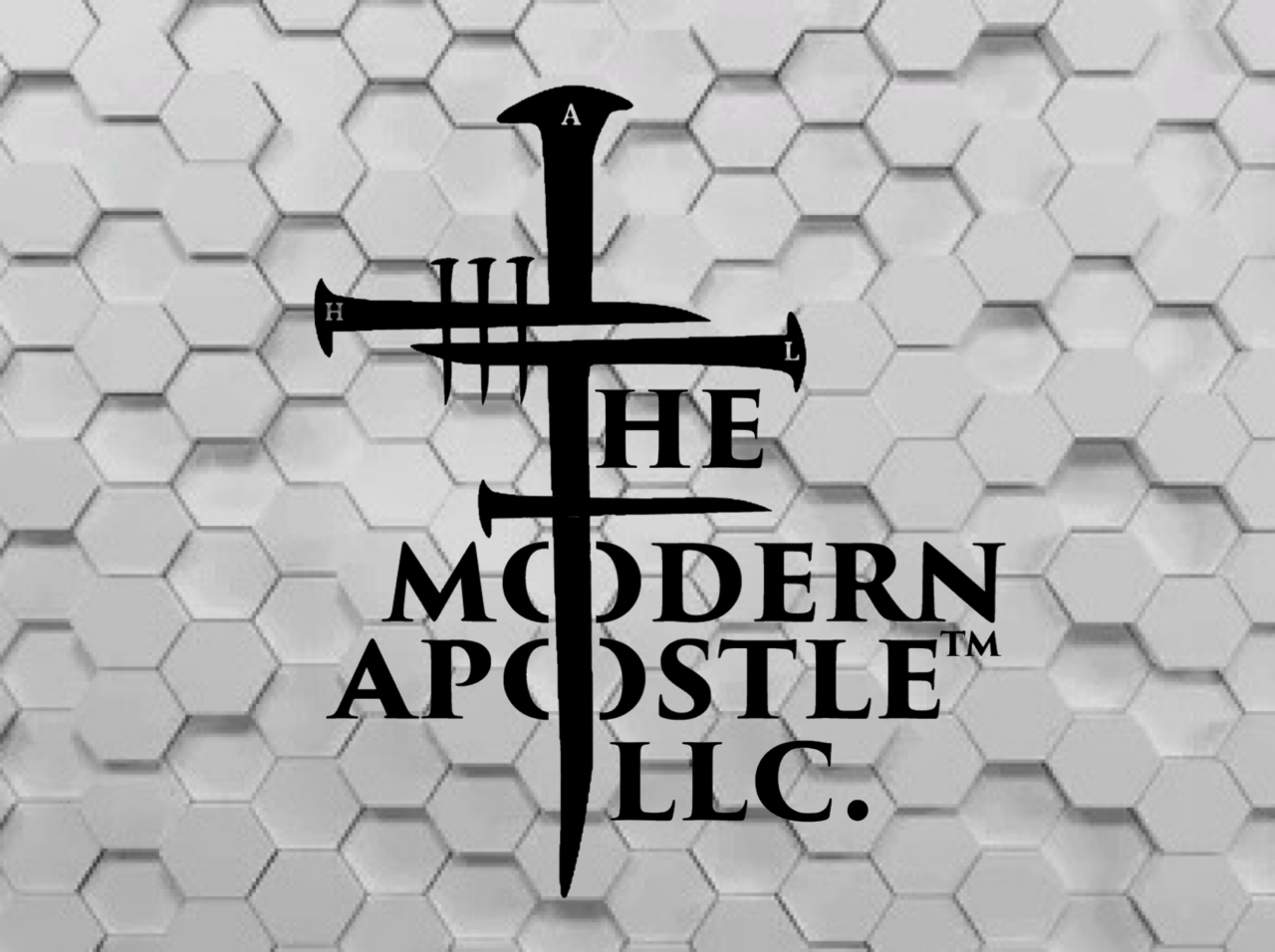Marked for Eternity: Understanding the Power of Infant Baptism
- Modern Apostle
- Jul 22, 2025
- 3 min read

One of the most pivotal moments in our lives is usually one we don’t even remember. As infants, many of us were carried to the baptismal font by our parents, who gave us the greatest spiritual gift—the gift of baptism, which opens the door to eternal life.
The Catholic Church baptizes infants because baptism is not something we earn—it is a free gift from God. It removes original sin, makes us members of the Church, and gives us sanctifying grace from the very beginning of life.
“The practice of infant Baptism is an immemorial tradition of the Church. There is explicit testimony to this practice from the second century on, and it is quite possible that, from the beginning of the apostolic preaching, when whole households received baptism, infants may also have been baptized.” (CCC 1252)
In the New Testament, we see that entire households were baptized, which would have included children:
“She and her household had been baptized...” —Acts 16:15 (NABRE)“He was baptized at once, with all his family.” —Acts 16:33 (NABRE)
Baptism is a spiritual rebirth (John 3:5) and not merely a public declaration of faith. Since children are born with original sin (CCC 403), they too are in need of the grace that baptism provides.
“Baptism... is necessary for salvation for those to whom the Gospel has been proclaimed.” (CCC 1257)
Just as parents nourish a child’s body, they are called to nourish the soul by providing access to the divine life through baptism.
The Catechism of the Catholic Church explains:
“Holy Baptism is the basis of the whole Christian life, the gateway to life in the Spirit... and the door which gives access to the other sacraments.” (CCC 1213)
Through baptism, original sin is washed away, and we become new creations in Christ—adopted children of God and members of His Church.
“For in one Spirit we were all baptized into one body… and we were all given to drink of one Spirit.”—1 Corinthians 12:13 (NABRE)
At baptism, every Christian is anointed with sacred chrism and entrusted with a threefold mission: to live as priest, prophet, and king, just as Christ did. What does this mean for an infant—or any baptized person?
Priest: Not ordained clergy, but a spiritual priesthood. We are called to offer our lives in spiritual sacrifice to God, especially through prayer, acts of charity, and full participation in the sacraments.
Prophet: We are tasked with proclaiming God’s truth by how we live and speak, even at a young age, growing into our mission as joyful witnesses of the Gospel.
King: Like Christ, we are called to lead by serving—beginning in our families and communities—using the gifts God has given us for the good of others.
“The baptized... are consecrated to be a spiritual house and a holy priesthood.” (CCC 1268)
Baptism is not just entry into a building, a faith tradition, or a cultural rite. It is our incorporation into the mystical Body of Christ, a spiritual communion with all believers in heaven and on earth.
“So we, though many, are one body in Christ and individually parts of one another.”—Romans 12:5 (NABRE)
Though baptism marks us with an indelible spiritual seal (CCC 1272), it is not the end—it’s the beginning of a life of grace. The Church calls us to actively grow in faith through:
Weekly Mass attendance
Reception of the Eucharist (age of reason)
Confession and Reconciliation
Eucharistic Adoration
Stations of the Cross
Holy Days of Obligation
This ongoing formation strengthens our baptismal identity and sanctifies our lives.
For Catholic parents, the responsibility doesn't end at the baptismal font. It begins there. You are entrusted by God and the Church to raise your children in the faith and build a “domestic church” at home. Parents are the first teachers of faith. The home is the first church. The Catechism reminds us:
“Parents are the primary educators in the faith.” (CCC 1653)
This means teaching your children to pray, modeling virtue, celebrating feast days, reading Scripture together, and most importantly—leading them to encounter Christ daily in your home. Children learn through imitation.
Infant baptism is not merely tradition—it is transformation. It is not passive—it is powerful. In giving your child the gift of baptism, you are giving them a lifelong invitation to holiness, community, and heaven itself.
So let us renew our own baptismal promises and recommit to living as priest, prophet, and king. Let us build homes of faith, and raise children who know not just about Christ—but who know Him personally, beginning at the font.
God Bless,
Patrick Leigh, COO
The Modern Apostle LLC








Comments